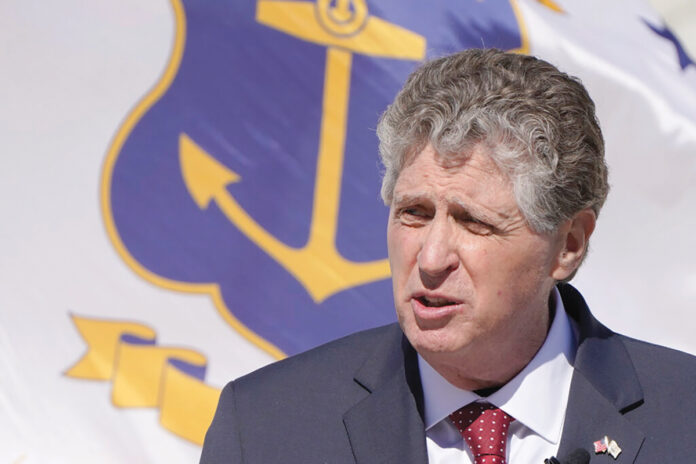
State lawmakers are poised to approve a $13.1 billion fiscal 2022 state budget that includes a provision backed by Gov. Daniel J. McKee that allows for the taxation of Paycheck Protection Program loans above $250,000.
McKee initially proposed taxing PPP loans over $150,000. Bur he and Democratic Statehouse leaders agreed to raise the threshold after strong opposition to the tax from most Rhode Island business groups.
Affected businesses have complained that the state reversed course after initially signaling those forgivable loans would not be taxed. Rhode Island is one of 10 states – and the only one in New England – seeking to tax the loans.
McKee has insisted only businesses that have made a profit during the pandemic will be taxed.
Businesses have argued it is wrong for the state to characterize the loans as revenue that equals a profit open to taxation, when most of the money was used for payroll to keep businesses open.











